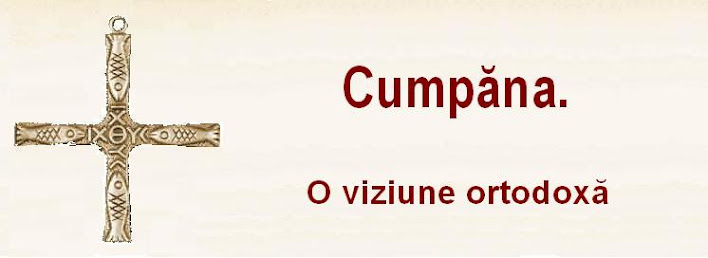Dacă este adevărat că românii nu stau tocmai rău
în ce priveşte invenţiile, în privinţa neinvenţiilor (distructive) stau atât de
bine încât poate că ar fi timpul să primească un Nobel doar pentru asta.
Pentru că nu au inventat şi aplicat DDT. Pentru
demonstrarea efectului său ca pesticid, elveţianul Paul Hermann Muller a primit premiul Nobel în 1948.
Numai că mai târziu s-a văzut că DDT “produced fertility and neurological
problems in humans and accumulated up the food chain in wildlife, poisoning birds.
Use of the compound plummeted, and in 1972, DDT was banned in the U.S. entirely” (http://content.time.com/time/specials/packages/article/0,28804,1991915_1991909_1991847,00.html).
Pentru că nu au inventat şi propus lobotomia ca
metodă terapeutică, precum elveţianul Hess şi portughezul Egas Moniz, care au
primit Nobelul pentru asta în 1949.
Pentru că nu au inventat dinamita, în primul rând.
De asta s-a ocupat Alfred Nobel, creatorul premiului Nobel. Cel căruia lumea îi
datorează, nu atât pentru dinamită cât pentru dispozitivele de declanşare a explozibilelor, majoritatea posibilităţilor de a ucide cât mai mulţi oameni într-un
timp cât mai scurt. Precum şi un premiu pentru pace, desigur, pe care-l oferim
celor care ştiu să spună cât mai convingător „God have mercy on us all” în timp
ce apasă butonul ăla care ne expediază brusc pe lumea cealaltă, doar ca să ne
convingem în sfârşit de mila lui Dumnezeu. Ca atunci când i l-au acordat lui
Andrei Saharov în 1975:
„Now imagine this: A man
creates a hydrogen bomb for a paranoid Soviet Union, makes sure it will work,
and then wins a Nobel Peace Prize! This real-life character, worthy of a story
by Kilgore Trout, was the late physicist Andrei Sakharov.
He won his Nobel
in 1975 for demanding a halt to the testing of nuclear weapons. He, of course,
had already tested his. His
wife was a pediatrician! What sort of person could perfect a hydrogen bomb
while married to a child-care specialist? What sort of physician would stay
with a mate that cracked?
"Anything
interesting happen at work today, Honeybunch?"
"Yes. My
bomb is going to work just great. And how are you doing with that kid with
chicken pox? "
Andrei Sakharov
was a sort of saint in 1975, a sort that is no longer celebrated, now that the
Cold War is over. He was a dissident
in the Soviet Union.
He called for an end to the development and testing of nuclear weapons, and
also for more freedoms for his people. He was kicked out of the USSR's
Academy
of Sciences.
He was exiled from Moscow
to a whistlestop on the permafrost.
He was not
allowed to go to Oslo
to receive his Peace Prize. His pediatrician wife, Elena Bonner, accepted it
for him there. But isn't it time for us to ask now if she, or any pediatrician
or healer, wasn't more deserving of a Peace Prize than anyone who had a hand in
creating an Hbomb for any kind of government anywhere?
Human rights?
What could be more indifferent to the rights of any form of life than an Hbomb?
Sakharov was in
June of 1987 awarded an honorary doctorate by Staten
Island College
in New York City.
Once again his government wouldn't let him accept in person. So I was asked to
do that for him.
All I had to do
was deliver a message he had sent. This was it: "Don't give up on nuclear
energy." I spoke it like a robot.
I was so polite!
But this was one year after this crazy planet's most deadly nuclear calamity so
far, at Chernobyl,
Ukraine.
Children all over northern Europe
will be sickened or worse for years to come by that release of radiation.
Plenty of work for pediatricians!”
(Kurt Vonnegut, Timequake, Berkley,
1998, pp. 5-6; pentru versiunea română, vezi Cutremur de timp, Humanitas, 2009, trad. Viorica Boitor, pp.
20-22).
